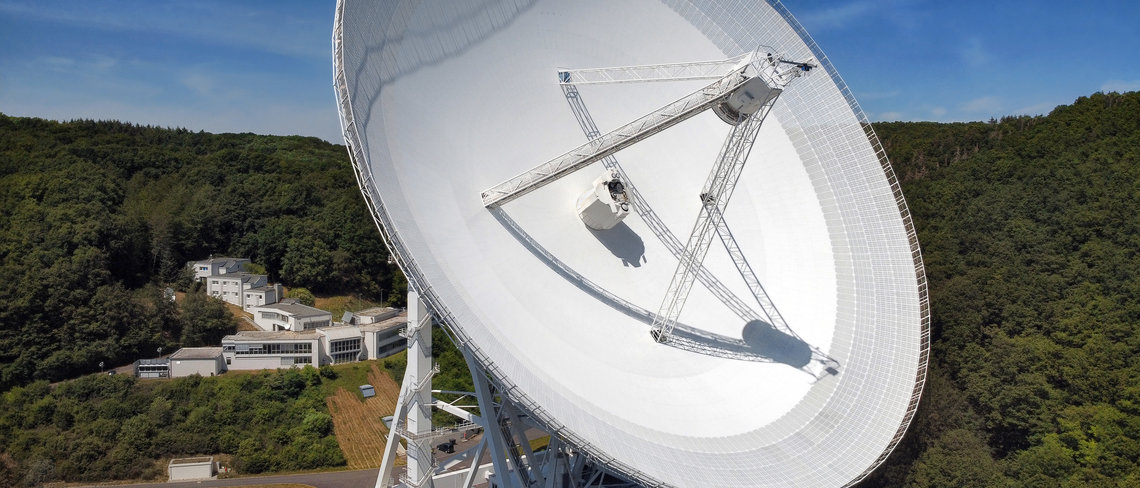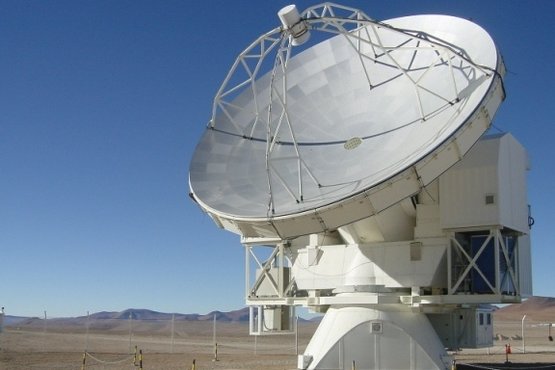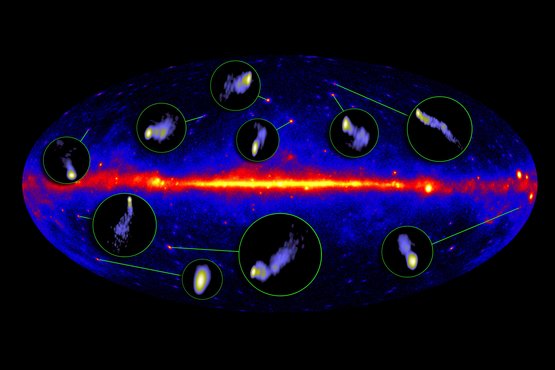Research Departments
News
Research News
An international team of researchers used multi-wavelength observations of active galactic nuclei to study how black holes launch relativistic jets. The sixteen sources were observed with the Event Horizon Telescope during its first campaign in 2017 ...
From the abyss of the Mediterranean Sea, scientists including astronomers from the Max Planck Institute for Radio Astronomy in Bonn, Germany, used the KM3NeT neutrino telescope to detect a cosmic neutrino with a record-breaking energy of about 220 ...
Announcements
WACKEN OPEN AIR is expanding its 2025 festival program to include a space camp with partners from the fields of space travel and astronomy. Participants include the Astronomical Society (AG), the Max Planck Institute for Radio Astronomy (MPIfR), the ...
The research paper “Strong-Field Gravity Tests with the Double Pulsar” by an international research team with Michael Kramer (Max Planck Institute for Radio Astronomy, MPIfR) as leading author, with additional authors from MPIfR and colleagues from ...




